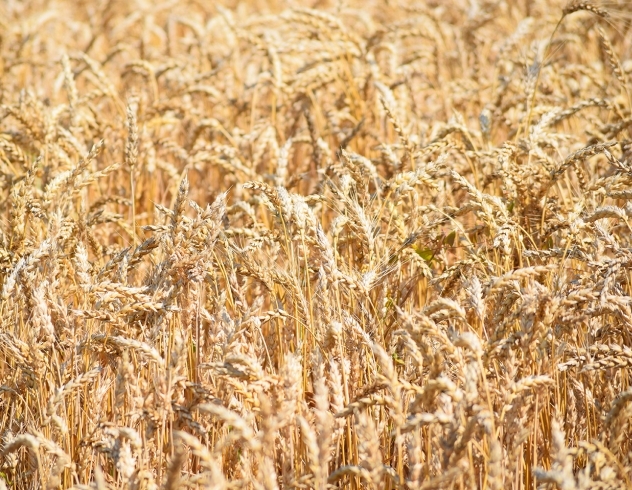News & Events

Crop Corner – Preparing your Wheat Fields for the Next Crop
August 07, 2015

It has been a challenging winter wheat harvest; after a very dry May, June was cool and extremely wet. This encouraged the development of additional tillers in the wheat crop that were green when it came time to harvest, and increased Fusarium-damaged kernel counts. Now that another wheat crop is in the bin, it’s time to prepare your fields for the next crop.
Tilling your fields will help your wheat straw and stubble to decompose more rapidly and increase soil tilth. If you do not till your fields you have a greater risk of insect pressure in your corn or soybean crop next season- slugs especially will thrive on wheat stubble and will cause damage.
Depending on your weed spectrum and pressure, it is then time to select the best fall burndown to control weeds and any volunteer wheat present. If you have a history of poor grass control (such as the bluegrass species seen in many fields this spring) consider adding some Atrazine (1 L/ac) to your glyphosate burndown. The presence of triazine herbicides in the soil helps kill these hard to control grass species. Adding 2,4-D ester or a Dicamba-based herbicide to your glyphosate will help to control many tough broadleaf weeds such as dandelions and glyphosate-resistant Canada Fleabane. Eragon mixed with glyphosate in the fall for control of Canada Fleabane is another option, but you may sacrifice control of tough perennial weeds, so it may be best to save Eragon for your spring burndown needs.
If you have a dense crop of under seeded red clover, you will want to wait until October to burn it off to get the best benefit from the clover biomass and root system. The best options for a good clover kill are either 2,4-D ester or Dicamba (Banvel, Marksman) mixed with glyphosate.
If you are making the trip over your fields for tillage and a fall burndown, you may also want to consider putting down MAP or potash for next year’s crop to save time in the spring. At Clark Agri Service we offer a full range of custom application and air-flow services for chemical and fertilizer.
Give your Clark Agri Service Agronomist a call to discuss any of the options above and let us help get your old wheat fields whipped into shape for next season!
This Crop Corner has been written by Melody Robinson, Sales Agronomist at Clark Agri Service. Melody can be reached by email mrobinson@clarkagriservice.com or by phone 289-775-1188